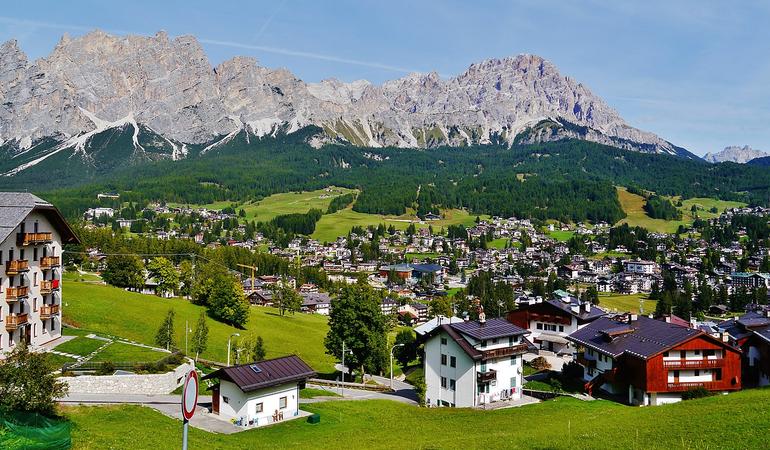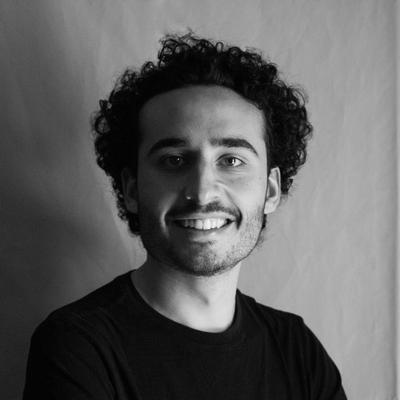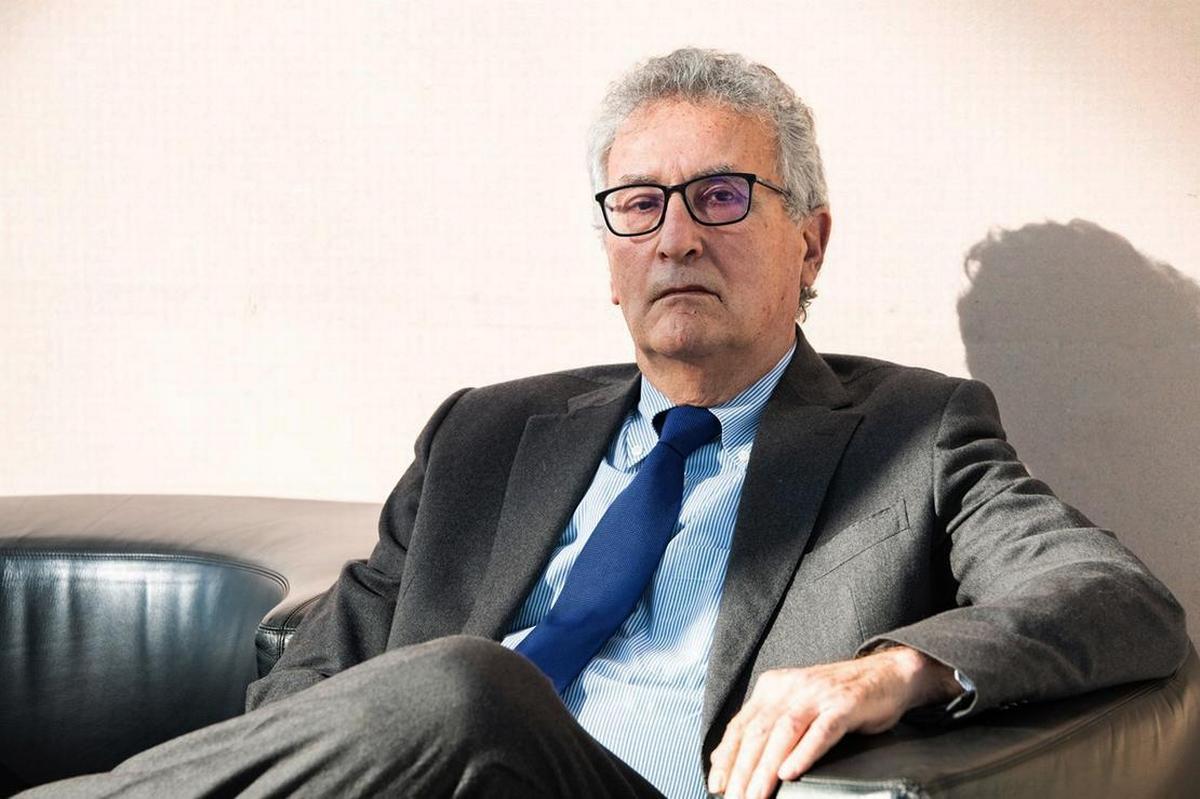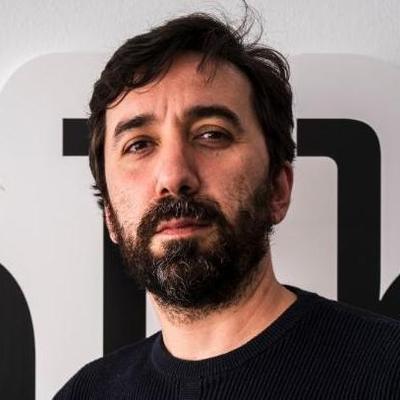
Olimpiadi Milano-Cortina 2026, affitti alle stelle. Anche per i volontari



24 maggio 2024
A law on collaborators of justice and a package of regulations against corruption. These are the tools Europe needs to better fight organised crime. On the whole, between regulations against money laundering, against human trafficking and against environmental crimes, Franco Roberti is satisfied. A Euro MP for the Democratic Party since 2019 and, before that, a magistrate who also headed the National Anti-Mafia and Anti-Terrorism Directorate (Dnaa), Roberti takes stock of the work conducted in these five years between Brussels and Strasbourg. "I am satisfied, but it has been very tiring intellectually and physically, if you want to do it with a bit of dignity," he explains. "You have to be there, on the ball every week, following all the dossiers and studying, you can't rest on the work of the assistants," he explains in a long interview with lavialibera.
What has been done against organised crime?
I will mention the three main new developments. The most important is the new directive for tracing, seizing and confiscating criminal assets, which was approved in March. It introduces two new types of confiscation at European level: one is confiscation without conviction (due to death or prescription of the crime) and the other is confiscation of unjustified assets linked to criminal activities, similar to Italian prevention measures.
Then there is the anti-money laundering package approved in extremis by the last assembly, with the establishment of the European agency (Anti money laundering agency, Amla, ed.), two regulations that are immediately enforceable in the member states, and a directive that concerns the fight against money laundering carried out through football clubs or gold passports, granted on the basis of investments made in some EU states. Finally, which is very dear to me because I was its rapporteur, there is the directive on environmental crime.
What does it provide for?
It introduces ecocide, devastation to such an extent that it cannot be recovered and that creates damage to the environment, animals and human beings. Italy has been a leading country in this case too, because ecocide stems from the Italian crime of environmental disaster, but we will have to adapt something.
In recent years, the European public prosecutor's office (Eppo) has also come into operation.
"While working on the environmental crime directive, we suggested that in the future Eppo could also be given the task of dealing with more serious cases, sometimes committed transnationally"
That has no direct competence in organised crime, but it is competent for crimes affecting the financial instruments of the European Union, which organised crime can also commit. While working on the environmental crime directive, we suggested that in the future Eppo could also be given the task of dealing with more serious cases, sometimes committed transnationally.
In the last issue of lavialibera we dealt precisely with fraud to obtain European funds tied up in grazing.
This is proof that there are modern forms of organised crime against which we are still unprepared legislatively, but above all organisationally, just as we are unprepared with respect to cybercrime and all crimes of a digital nature. Specific professionalism, special investments, specific schools and training are needed.
In Europe, however, some Member States still struggle to perceive the risk of mafias and organised crime, not necessarily mafia-related. Have you noticed an evolution or have you found confirmation of this?
It is a fact that there are countries that still find it hard to identify organised crime as a very serious risk to the economy and democratic order. On the other hand, one of the most interesting experiences I have had in recent years has been dealing with the assessment of respect for the rule of law in the various countries of the European Union. In December 2020, when the decision was made to create the Next Generation EU with the allocation of funds to deal with the crisis triggered by the pandemic, the Parliament stipulated that in order to obtain them, a country must demonstrate respect for the rule of law, i.e. respect for the law and the separation of powers. Hungary and Poland did not respect this: powers are not separated, the judiciary is not independent and so are the media, there is corruption, there is crime, there is a lack of protection for minorities. However, the infringement procedure against Poland stopped when the Russian aggression against Ukraine began and Warsaw started to take in thousands of Ukrainian refugees. For Hungary it went on until the moment when - and here we come to a great limitation of the European Union, the unanimity vote - the reform of the financial stability pact had to be voted on. During the EU Council, Viktor Orban bargained his abstention on the issue in exchange for the release of funds. When the vote left the chamber, the Council approved the reform of the Stability Pact and Budapest got a substantial package of billions.
The immigration pact also shows the problems of this procedure.
It was the failure of the European Union. We voted against it because nothing has changed from the previous system, based on the criterion of the first receiving country that must take in and redistribute migrants only if it finds a state willing to take them on. It was hoped to overcome this impasse. A compromise was reached whereby the principle of the country of first arrival remains, distribution is done on a voluntary basis and states that do not want to accept can pay for the returns.
Asylum and migration, what the new EU pact provides
What remains to be done, in your opinion, to improve the fight against organised crime?
The committee must periodically check the implementation and efficient implementation of these rules within each state and possibly sanction non-implementation, incomplete or inefficient implementation. The same must be done on the new directive against human trafficking, which requires the training of specialised investigative forces and the creation of guidance structures to place victims, often women destined for prostitution or minors for begging, organ trafficking, adoption or forced marriage. If there is a lack of reception or integration facilities, the problem remains.
The shadow of foreign interference (especially Russian) on the EU, but the accomplices are internal
A year ago you said that if the Conservatives were to win, there was a risk that measures against money laundering would be blocked. Do you still see this risk?
Of course. My concern is the likely return of sovereignism, nationalism, small homelands with an unwillingness to cede some sovereignty. There are two years to comply with the directive and the commission's monitoring is fundamental. The one carried out on Italy on some reforms raises alarms.
"My concern is the likely return of sovereignism, nationalism, small homelands with an unwillingness to cede some sovereignty"
On what aspects?
The proposed reforms that centralise power in the government and that must be assessed as a whole: premierate, differentiated autonomy, separation of the careers of magistrates and reform of the judiciary take power away from the guarantee institutions such as parliament, the presidency of the Republic and the judiciary, pushing towards an authoritarian state. I see this very clearly.
At the beginning of the legislature you had proposed setting up a European anti-mafia commission and your proposal did not pass. Is there any regret for something you failed to do?
For the anti-mafia commission, no, because then I saw that the goals I set myself were achieved. Ursula Von der Leyen's European Commission has made a series of consequential proposals to the 2021-2025 strategy against organised crime following the 'Falcone resolution' adopted by the United Nations in 2020 in the revision of the Palermo convention against organised crime.
What remains for the EU to do?
We need a law on collaborators of justice and a law against corruption, so far only sketched out. Corruption has become the absolute favourite tool of mafia-type criminal organisations.
Speaking of corruption, the European Parliament has been the subject of an investigation by the Brussels public prosecutor's office, Qatargate. Is there a risk of corruption, lack of transparency and the excessive power of lobbies in the European institutions?
Unfortunately there is, even though the rules to regulate the work of lobbies in the European Parliament are quite strict. Every MEP before receiving a lobbyist in his office must notify the presidency in advance and then also make a report on what was discussed. Unfortunately, there are loopholes. If I want to meet a lobbyist, I meet him in the bar instead of in parliament, and I have solved the problem.
On the Qatargate issue, you also mentioned that - apart from ethical and justice issues - there are also the rights of the suspects.
"The rules to regulate the work of lobbies in the European Parliament are quite strict"
And in this case rights have been somewhat abused not to say trampled on.
Does this depend on the laws of Belgium?
Evidently yes. But I don't know whether it depends on the laws of Belgium, which have been violated, or whether the laws allow certain deviations from the principles of guarantee. I think of how Eva Kaili (Greek Socialist MEP, ed) was treated. It has nothing to do with judging her conduct, whether she committed a crime or not. Her human dignity was trampled on. The same for Andrea Cozzolino (PD MEP, also under investigation, ed). One of Giovanni Falcone's teachings is that the more you are faced with serious and pervasive criminal phenomena, the higher the guarantees must be because you absolutely cannot risk making a suspect, whom you consider guilty, a martyr of justice. In the Qatargate case, unfortunately, the guarantees were not respected: they entrusted the investigation to the secret services without any transparency control, they extorted - in my opinion - statements that may be truthful, but were extorted, and they trampled on the dignity of the persons under investigation. I believe that there has been corruption, at least for certain exponents, but there is a climate of disrespect for the fundamental guarantees of those under investigation that bodes very poorly.
I believe that there has been corruption, at least for certain exponents, but there is a climate of disrespect for the fundamental guarantees of those under investigation that bodes very poorly.
As a former chief prosecutor of the Dnaa, what idea did you get of the recent investigation into the abusive access to investigative databases by a financier working for the national prosecutor's office?
I find it difficult to form an opinion. After the clamorous hearing of the two executives of the National Prosecutor's Office and the Perugia Prosecutor's Office before the Anti-Mafia Commission (read the report) in which they spoke in catastrophic, apocalyptic terms of the situation they had found, it is as if a veil of absolute silence had fallen. Nothing more is known. I think that the financier had principals, not just journalists. But let's wait until the end of the investigation. Until then, I have suspended judgement.
This article was translated by Kompreno with the support of DeepL.
La tua donazione ci servirà a mantenere il sito accessibile a tutti
La tua donazione ci servirà a mantenere il sito accessibile a tutti